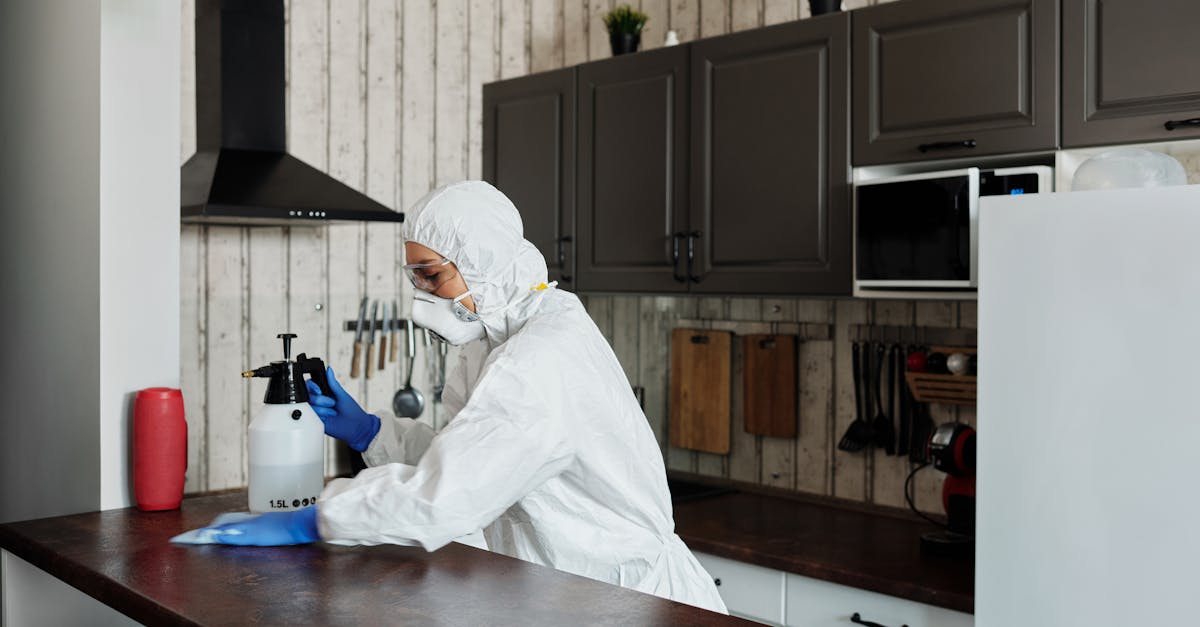September 24, 2024

Restaurant hygiene is crucial for the success of any food service establishment. It's not just about keeping things clean; it's about ensuring the safety and health of your customers and staff. Poor hygiene practices can lead to foodborne illnesses, negative reviews, and even closure by health authorities.
Let's dive into some key areas where restaurant owners and managers should focus their attention to maintain top-notch hygiene standards.
Your staff are the frontline defenders against contamination. Here are some essential practices they should follow:
Training your staff on these practices is vital. Regular refresher courses can help reinforce the importance of personal hygiene in the workplace.
The heart of your restaurant, the kitchen, requires special attention. A clean kitchen not only prevents contamination but also improves efficiency. Consider implementing these practices:
Remember, a clean kitchen is a safe kitchen. It's worth investing time and resources to maintain high standards of cleanliness.
Proper food storage and handling are critical to preventing foodborne illnesses. Here are some best practices:
Implementing a robust food safety management system can help ensure these practices are consistently followed.
Pests can be a significant threat to restaurant hygiene. They can contaminate food, damage property, and ruin your reputation. To keep pests at bay:
Regular inspections can help identify potential pest problems before they become serious issues.
While the kitchen is crucial, don't neglect customer areas. These spaces are what your diners see and interact with directly. Maintain high standards of cleanliness in:
Regular cleaning and sanitizing of these areas not only prevents the spread of germs but also enhances the overall dining experience.
Proper waste management is often overlooked but is crucial for maintaining hygiene. Implement these practices:
Effective waste management not only improves hygiene but can also reduce costs and improve your restaurant's environmental footprint.
In today's digital age, technology can play a significant role in maintaining restaurant hygiene. For instance, digital checklists and reminders can help ensure cleaning tasks are completed regularly. Temperature monitoring systems can alert staff to potential food safety issues.
One area where technology can make a big difference is in customer interactions. For example, our 24/7 AI Phone Agent at Loman.ai can handle customer calls, take orders, and answer questions without the need for physical contact. This can help reduce the spread of germs, especially during busy periods or health crises.
To maintain high hygiene standards, regular audits and inspections are essential. These can be internal or conducted by third-party professionals. They help identify areas for improvement and ensure compliance with health regulations.
Consider implementing a system for tracking and addressing issues identified during these audits. This can help you continuously improve your hygiene practices over time.
Maintaining excellent restaurant hygiene is an ongoing process that requires attention to detail and commitment from everyone in your organization. By focusing on personal hygiene, kitchen cleanliness, food handling, pest control, and customer areas, you can create a safe and pleasant dining environment for your customers.
Remember, hygiene isn't just about passing health inspections; it's about building trust with your customers and protecting your business's reputation. With the right practices and tools in place, including technological solutions like Loman.ai's AI Phone Agent, you can streamline operations while maintaining the highest standards of cleanliness and safety.
Restaurant staff should wash their hands frequently, especially after handling raw food, using the restroom, touching their face or hair, or handling money. A good rule of thumb is to wash hands at least once every hour, and more often when switching between tasks.
First, remove visible dirt and debris with soap and water. Then, use a sanitizing solution approved for food contact surfaces. Allow the surface to air dry. Different surfaces may require different cleaning methods, so always follow manufacturer recommendations.
Stay up-to-date with local health department regulations, conduct regular self-inspections, and consider hiring a food safety consultant for periodic audits. Training staff regularly on hygiene practices is also crucial.
Yes, technology can significantly improve restaurant hygiene. Digital checklists, temperature monitoring systems, and even AI-powered solutions like Loman.ai's Phone Agent can help maintain hygiene standards and reduce human error.

Enter your information in the form to receive a call from Loman and place an order like a customer would!